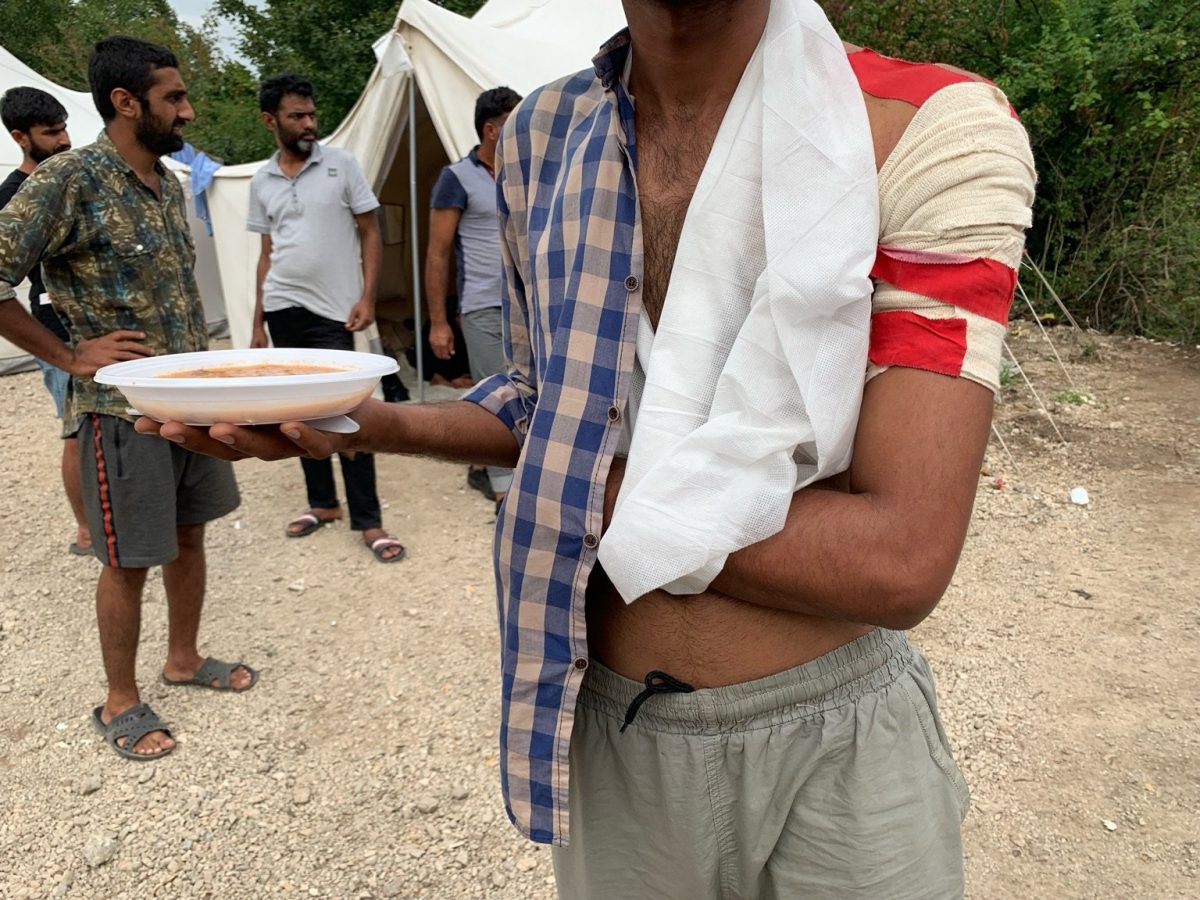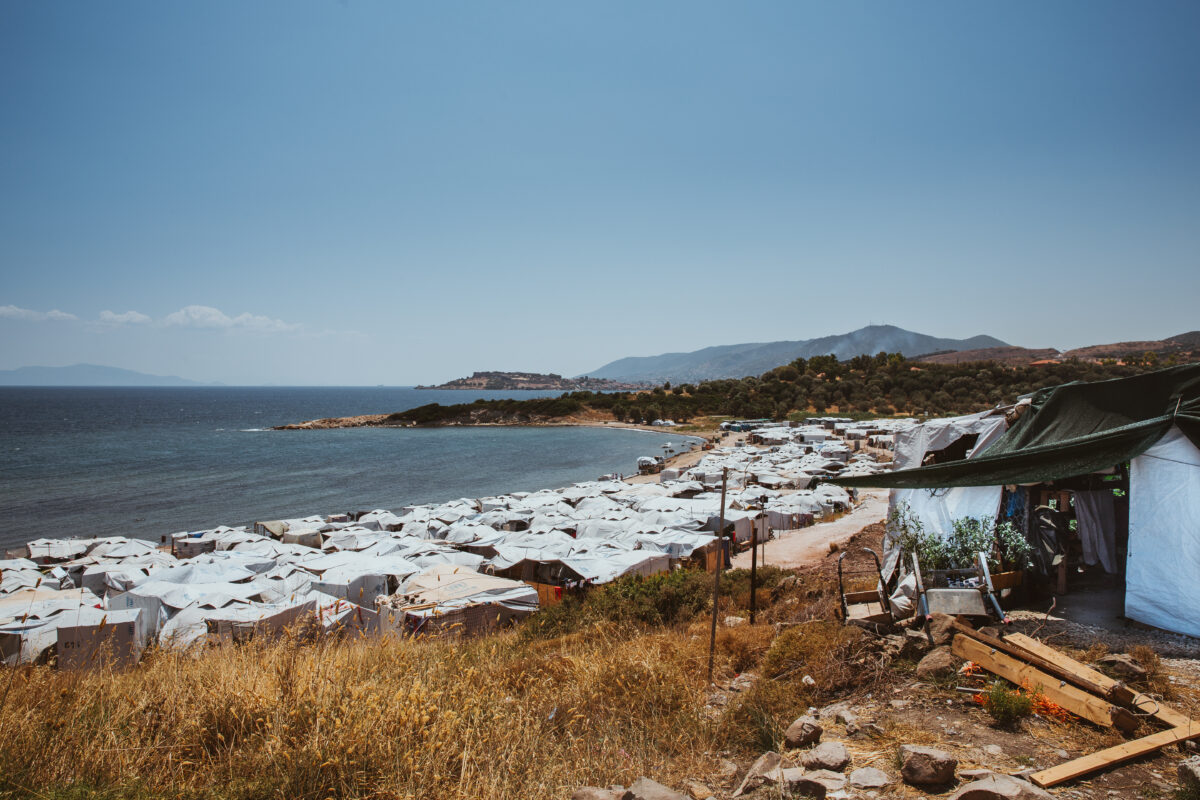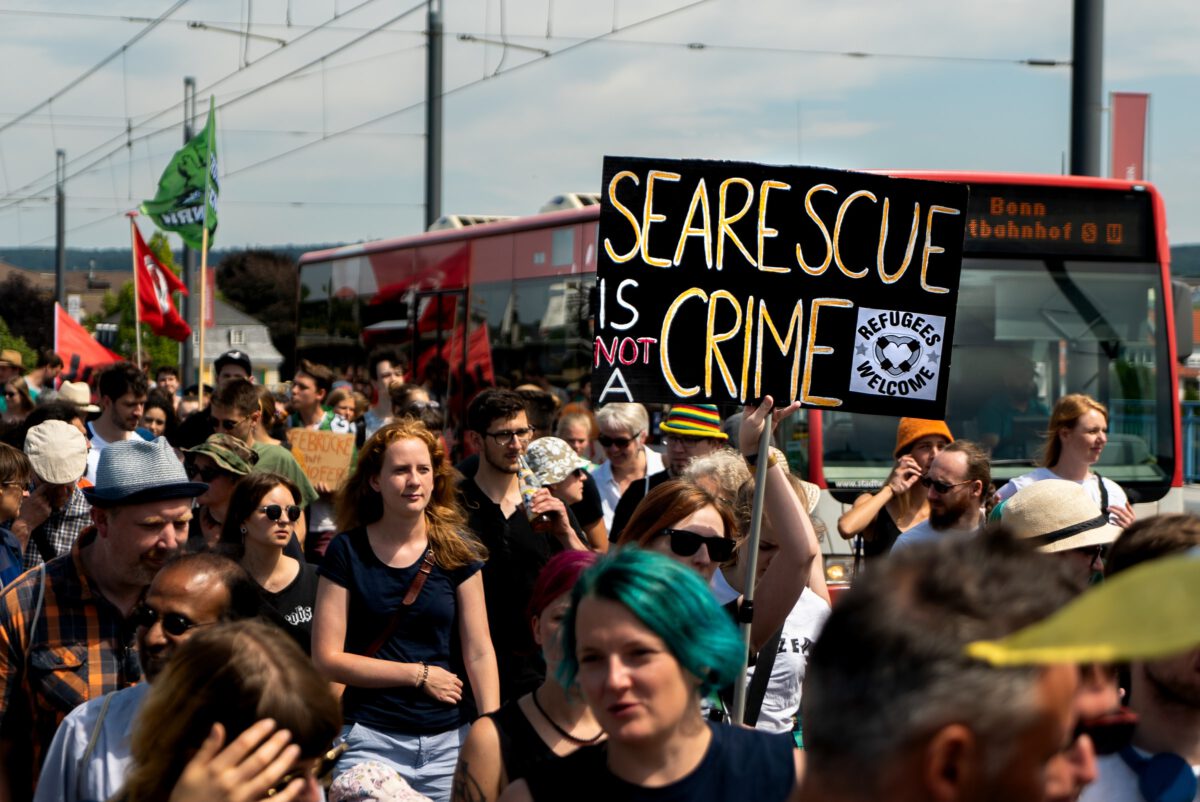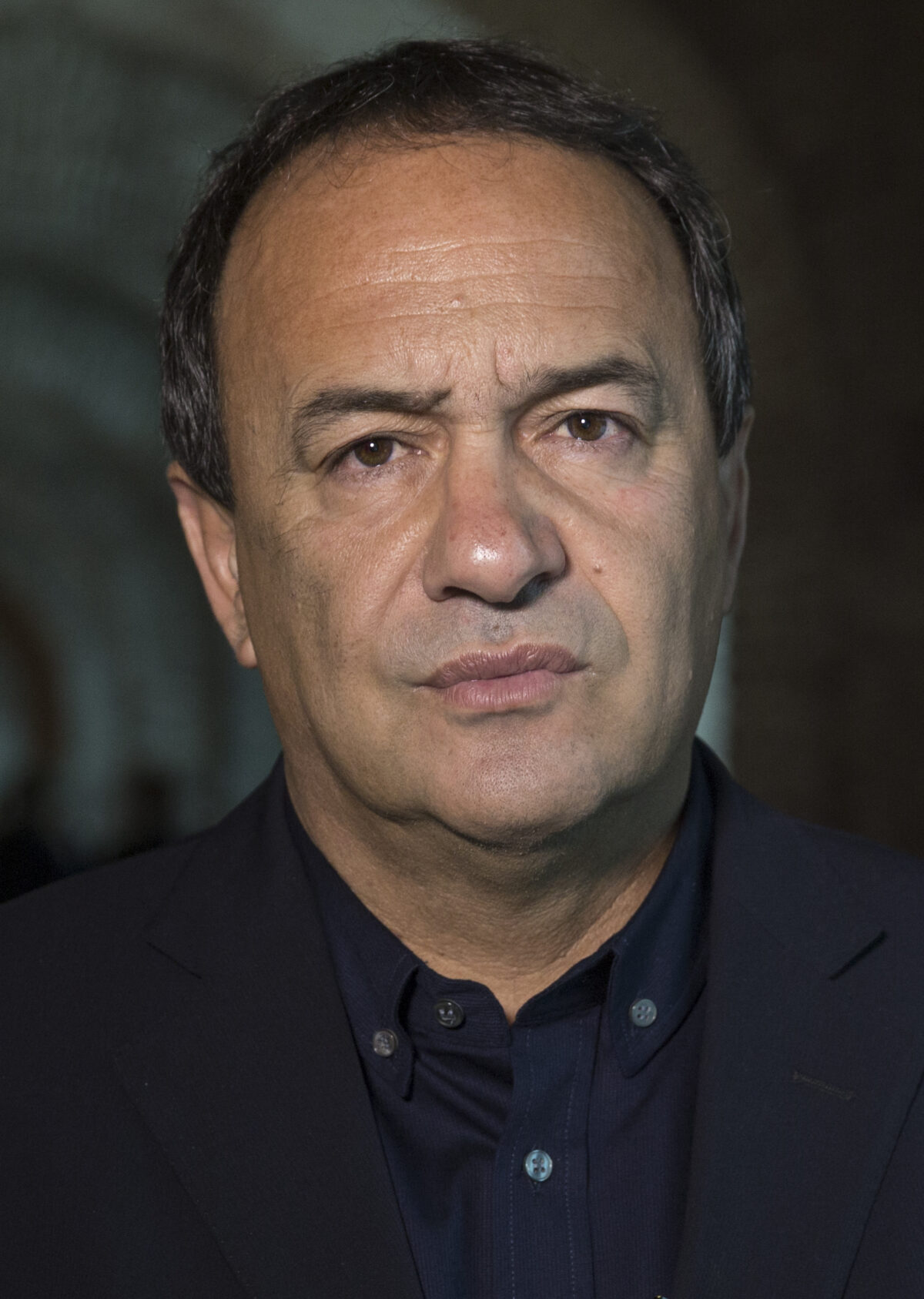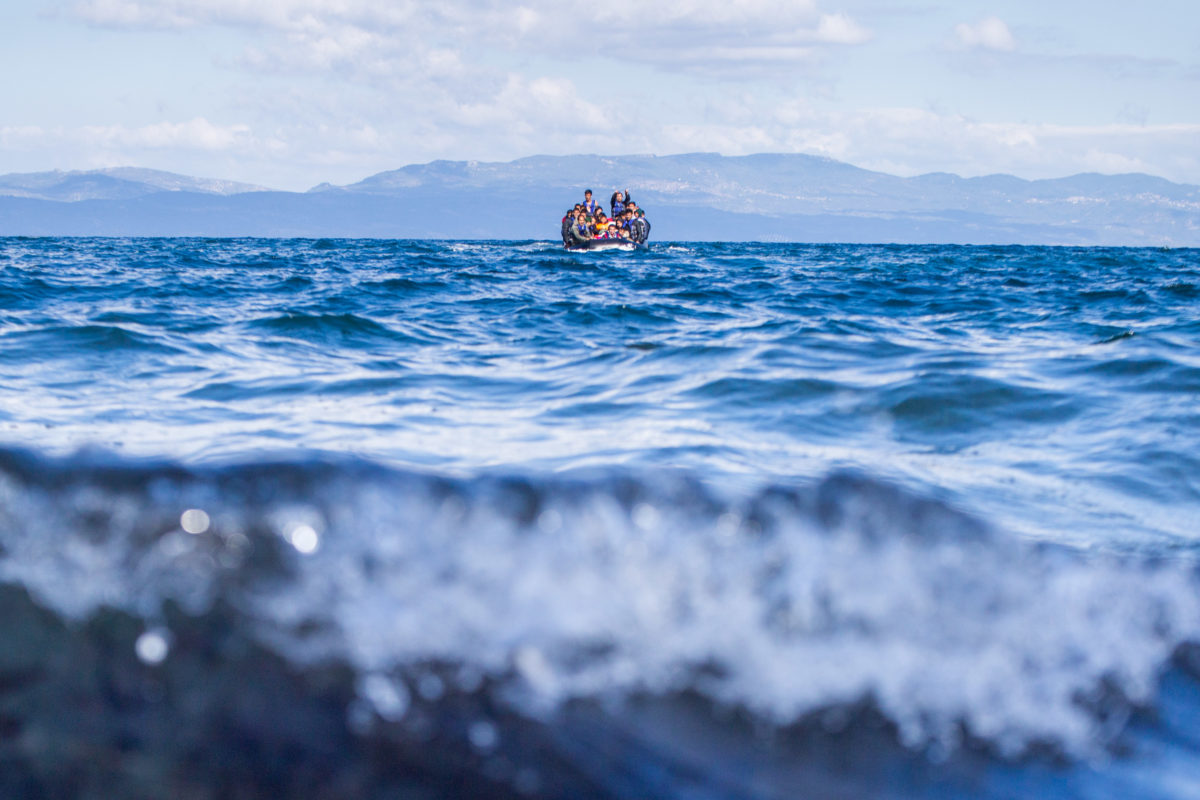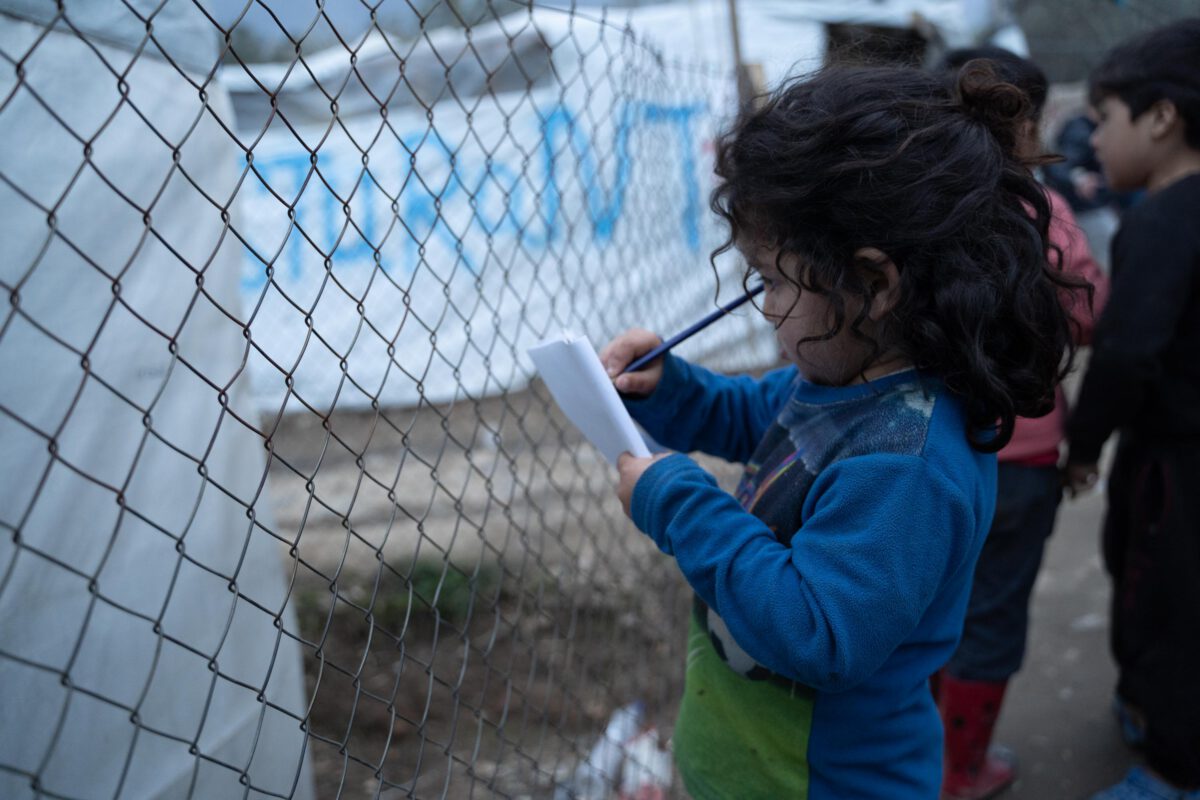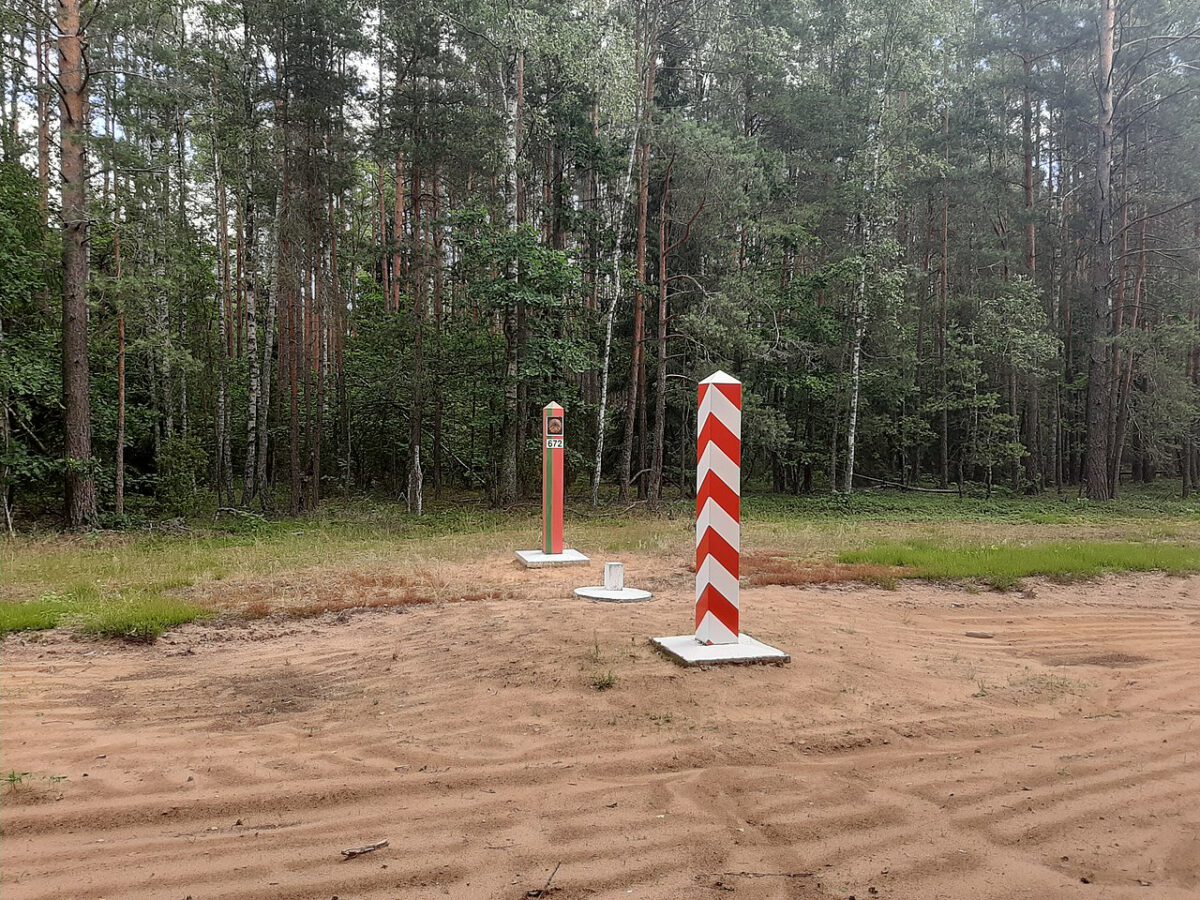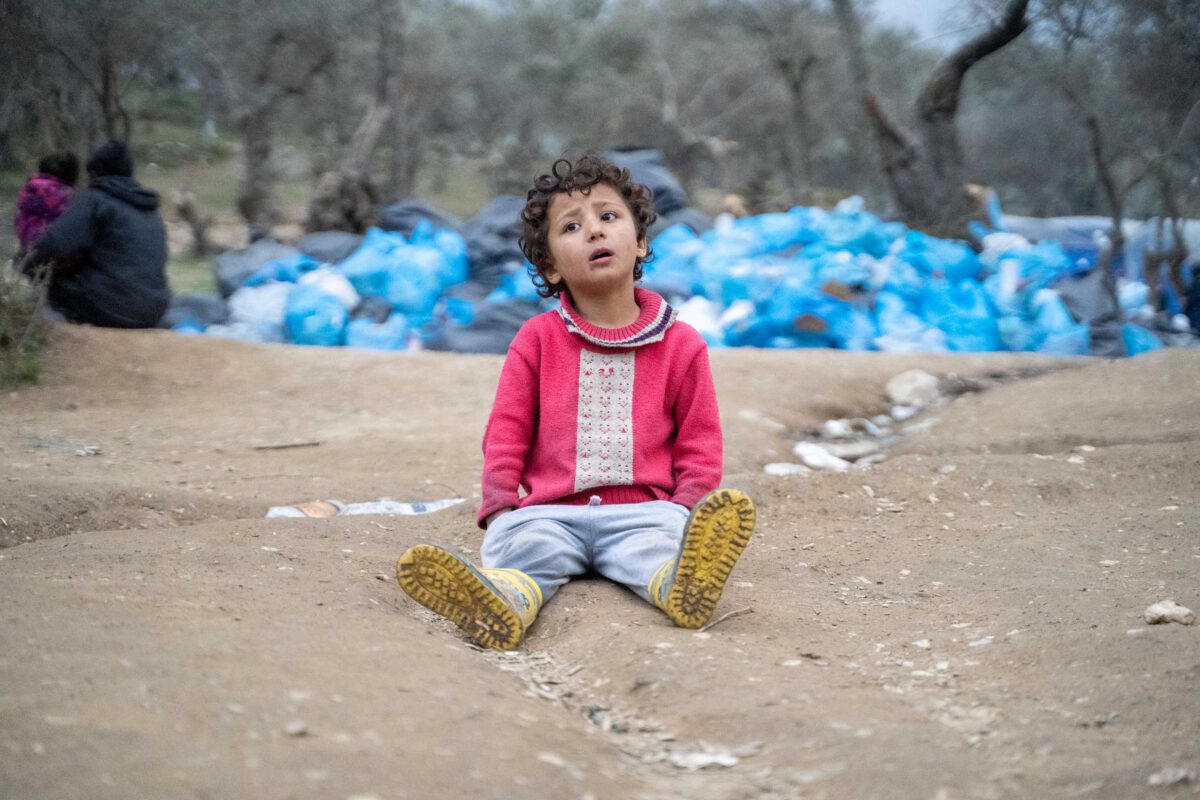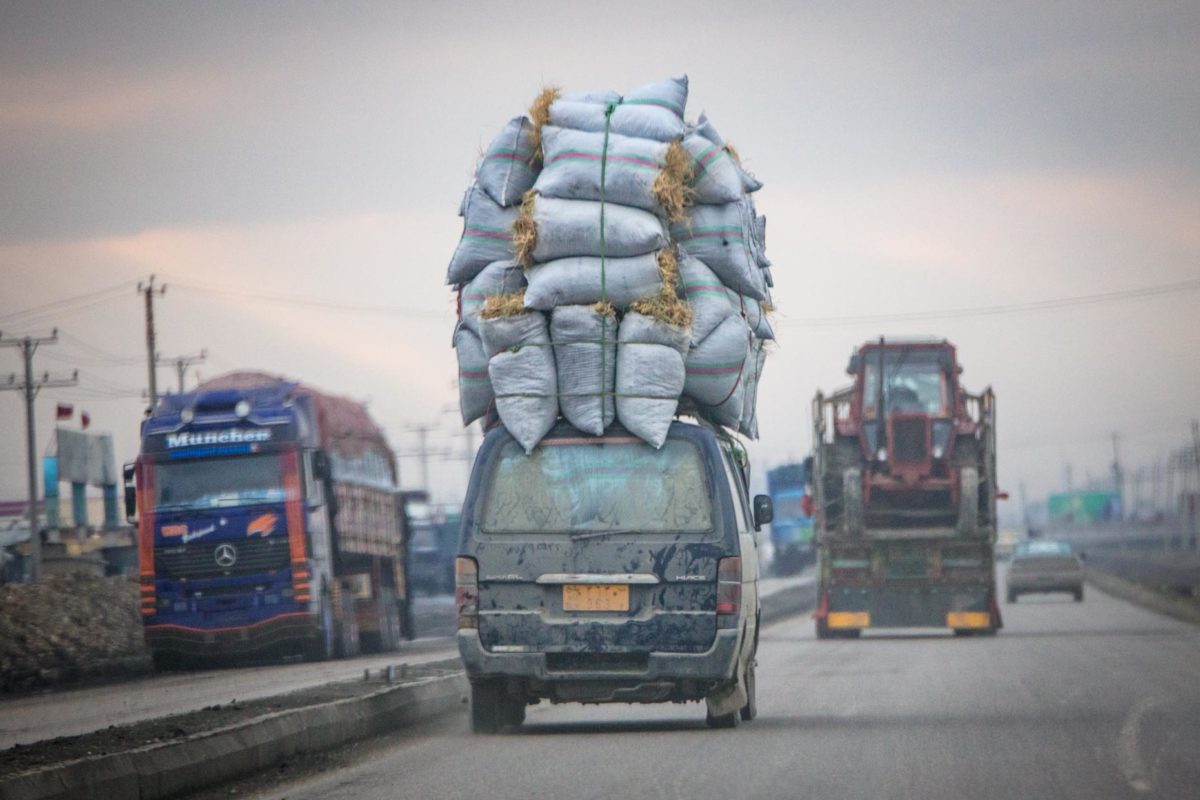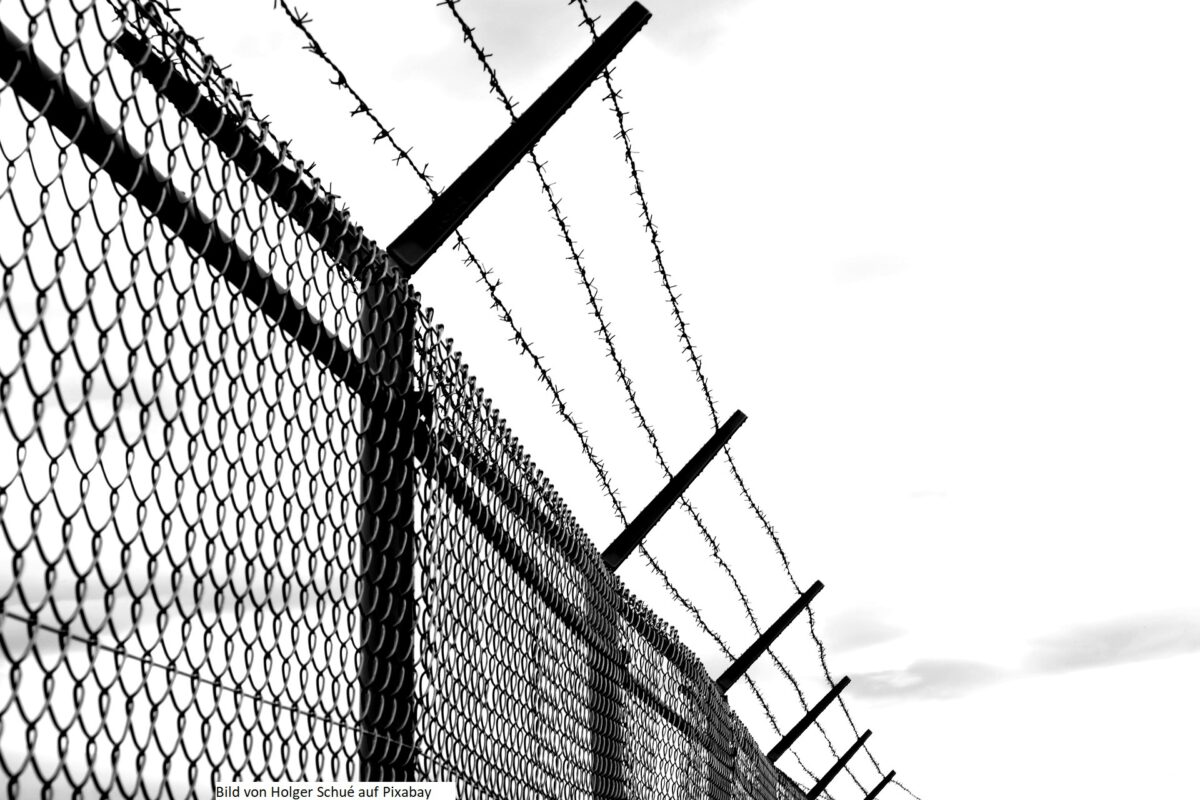Commission refuses to respond to pushbacks by Croatia
Together with other members of my group, I submitted a question to the Commission on 11 October 2021 concerning the systematic pushbacks by Croatian police officers. The background to the question is that Mirror and Tagesschau published video footage showing Croatian border guards illegally deporting protection seekers with brute force. In the video, protection seekers are ordered to run and then beaten with batons as they run. It is also clear from the footage that this practice is happening on the orders of the Croatian Ministry of the Interior. Systematic violence against refugees has been documented in Croatia for years, and the Commission has so far failed to respond adequately to the crimes committed. In addition, there is evidence of misuse of EU funds provided by the Commission to the Croatian Ministry of Interior under the Emergency Assistance Agreement to support the management of the situation at the country's borders. In the meantime, we also know that Croatian border guards have a have received official instructionsThe police have been ordered to continue deporting people seeking protection illegally, but to make sure that they are no longer filmed doing so. Of the four police officers who can be seen on the video, three were briefly suspended, but are now back on duty.
In its response, the Commission refuses even to acknowledge that Croatia systematically carries out pushbacks, although these have been documented thousands of times and for over four years. The Commission also maintains its recommendation to allow Croatia to join the Schengen area, although Croatia's practice at the external borders clearly violates the Schengen Borders Code. The Commission does not intend to initiate infringement proceedings against Croatia, pointing out that it has repeatedly asked Croatia to investigate the allegations and that Croatia has established a monitoring mechanism for such cases. This attitude is cynical because the Croatian government and authorities are supposed to monitor themselves, when it is they who are responsible for the systematic pushbacks. The monitoring mechanism is not independent and it obviously does not work.
The whole question with answers in several languages can also be found at here.
Our request
Violent deportations and beatings at Croatia's external borders
On October 6, 2021, several media outlets, including Der Spiegel, ARD, and RTL Croatia, published the results of their research into the unlawful deportations at Croatia's external borders, carried out with brute force, which are said to be the fault of the country's police officers acting on the orders of the Ministry of Interior. Systematic violence against refugees has been documented in Croatia for years, and the Commission has so far failed to respond adequately to the crimes committed. In addition, there is evidence of misuse of EU funds provided by the Commission to the Croatian Ministry of Interior under the Emergency Assistance Agreement to support the management of the situation at the country's borders.
1.how will the Commission investigate the deportations ordered by the state, and what role will the results of the investigation play in Croatia's path to Schengen membership, which was recently endorsed by the Commission?
2.what concrete measures have already been taken in the framework of the independent monitoring mechanism that Croatia has set up at its border with EU funding, and how does the Commission intend to make monitoring more transparent and effective and involve credible actors, as enshrined in the Paris Principles?
3.what timetable does the Commission envisage for initiating infringement proceedings against Croatia for the country's practices at its external borders, which are in breach, inter alia, of the EU acquis on asylum?
Answer given by Ylva Johansson on behalf of the European Commission on 17.2.2022
After nearly four years of evaluating Croatia's implementation of the Schengen acquis, the Commission concluded that the country has taken all necessary measures to ensure that the conditions for the application of the Schengen acquis are met on a sustainable basis. On 22.October 2019, the Commission issued a Communication[1]which confirmed what was stated on June 2, 2021 in the Communication on the Schengen Strategy.[2] was reaffirmed. Furthermore, at its meeting of 9/10 December 2021, the Justice and Home Affairs Council[3] concluded that Croatia fulfills the necessary conditions for the application of all parts of the Schengen acquis.
Regarding allegations of mistreatment of migrants, the Commission has repeatedly asked the Croatian authorities to conduct investigations in this regard. An independent monitoring mechanism has been established in Croatia, with a publicly available six-monthly (interim) report published in December 2020, followed by an action plan to implement the initial recommendations. While the Commission has provided assistance in this regard, the responsibility for setting up the mechanism, including the composition of the relevant body, lies with the Croatian authorities. The final report of the mechanism is expected to be submitted in June 2022. The Advisory Committee, composed of representatives of the Commission and stakeholders in the field of fundamental rights, will make recommendations to improve the functioning of the mechanism. Croatia has also strengthened its internal investigation system.
As guardian of the Treaties, the Commission will continue to monitor compliance with the EU acquis.
The European Anti-Fraud Office is responsible for cases of suspected misuse of EU funds. If there is sufficient suspicion of fraud or misuse of EU funds, the Office may initiate investigations. Funding provided to Croatia from the three relevant EU instruments over the past four years has been independently audited and not objected to.
[1] Communication from the Commission to the European Parliament and the Council on the verification of the full application of the Schengen acquis by Croatia (COM(2019)497 final of 22.10.2019).
[2] Communication from the Commission to the European Parliament and the Council "Strategy for a well-functioning and resilient Schengen area" (COM(2021)277final of 2.6.2021).
[3] Council document14883/21 of 9.12.2021.
